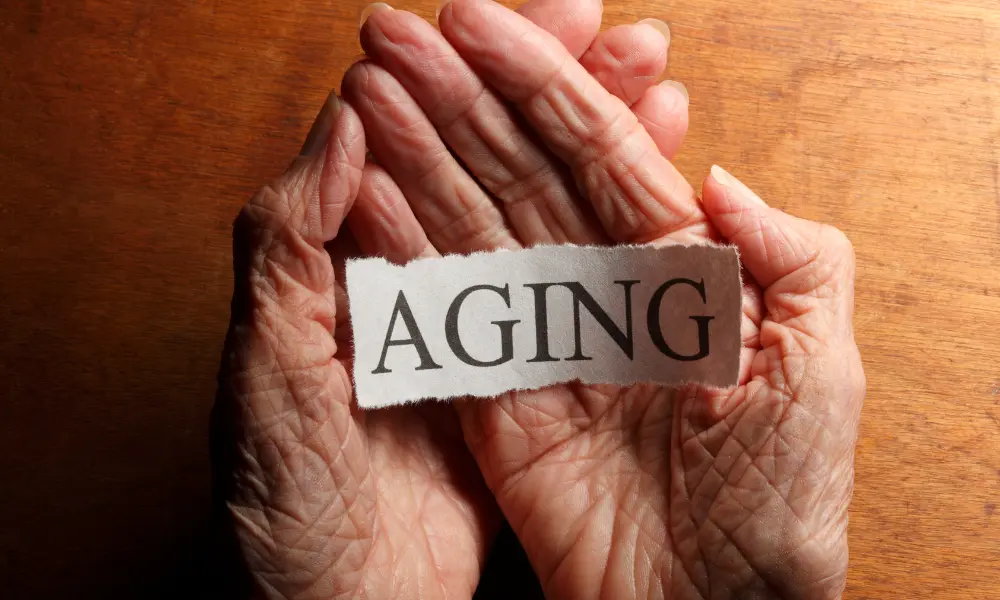Arthritis is a physical condition associated with inflammation of joints, which affects the tissues surrounding the joints. Rheumatoid arthritis (RA) is a type of arthritis.
Rheumatoid arthritis (RA) is when our immune system attacks the tissues around the joints on both sides of our body. It is an autoimmune disease.
It generally affects the hands, knees, or ankles and the same joint on both sides of the body, such as both hands or knees. But sometimes RA may lead to problems in other parts of the body like the circulatory system, lungs, heart, and eyes.
Dr. Sonal Mhatre, BHMS, with 17 years of Clinical experience, shares helpful information about symptoms and a few dos and don’ts for patients suffering from Rheumatoid arthritis (RA).
Symptoms of Rheumatoid arthritis
Rheumatoid arthritis affects everyone differently. Some people may experience mild symptoms, while others may have sharp pain. Common symptoms of RA may include:
-
Stiffness and pain in the same joints on both sides of your body.
-
Joint stiffness, especially in the morning or after sitting for long periods.
-
Pain, stiffness, swelling, and tenderness in more than one joint.
-
Extreme tiredness and lack of energy.
Dos in Rheumatoid arthritis
Exercise: You may not feel like moving or doing physical activity due to the pain and discomfort. However, doing some form of light exercise can help improve the symptoms of Rheumatoid arthritis. You may consult a rheumatologist who can better guide you on which exercise may suit your condition.
Rest: If you are experiencing sharp or severe pain, you must rest. Resting can help your joints recover; additional pressure can worsen the pain. You can resume exercise when the pain subsides.
Maintain a Healthy Weight: It is crucial to keep obesity away. Therefore, one must maintain a healthy weight so that the joint pain can ease off. Even a slight weight loss can make a big difference. One must start with a small goal and remember that the best way to lose weight is to combine healthy eating with regular exercise.
Sleep: Pain makes it hard to sleep. But lack of sleep can make us more sensitive to pain. One must avoid caffeine late in the day, limit screen time before bed, and ensure a good sleep.
Follow-up: Regular follow-up with a rheumatologist is crucial to control the symptoms and reduce the risk of joint damage. Additionally, one must ensure that medicines are taken regularly as directed.
Dental care: Gum disease may aggravate RA to an advanced level. Gum disease may cause greater bone and cartilage damage. One must undertake regular dental exams, eat healthy, brush, and floss every day to ensure good dental health.
Manage Stress: Stress is one of the major factors that may trigger RA. One must adopt methods that may help reduce stress. Meditation, yoga, walking, spending time with pets, listening to music, or anything that calms your mind can help reduce stress.
Use good posture: Our posture is of prime importance while dealing with joint pains. Marinating correct posture while we work, sit, or stand is crucial. One may consult a physical therapist who can show how to sit, stand, and move correctly.
Don’ts in Rheumatoid arthritis
-
Smoking can make symptoms of RA worse. Therefore, one must quit smoking.
-
One must avoid drinking alcohol while taking RA medications as it may obstruct recovery.
-
One must not overdo exercise.
-
Do not spend all your time indoors. Exposure to the sun is vital to have a sufficient level of vitamin D. As it is crucial to control RA symptoms as it helps to absorb calcium and keeps our bones healthy.
-
Avoid high-impact activities and repetitive motion, such as jumping, running, aerobics, tennis, etc.
In a nutshell, Rheumatoid arthritis cannot be prevented or cured permanently. But it can be controlled with corrective measures. We must address this condition and start treating it as early as possible before it worsens.





